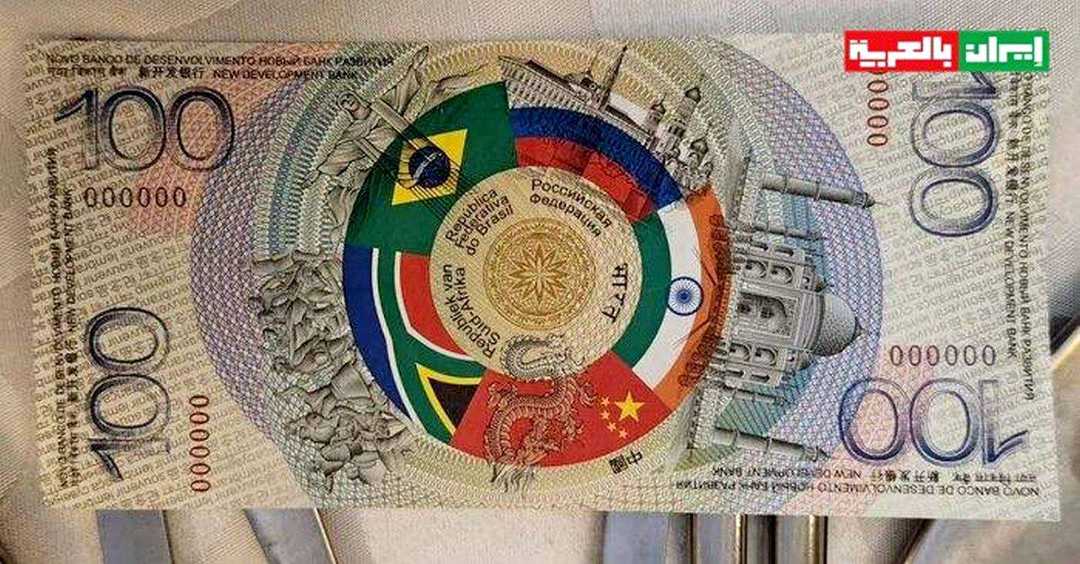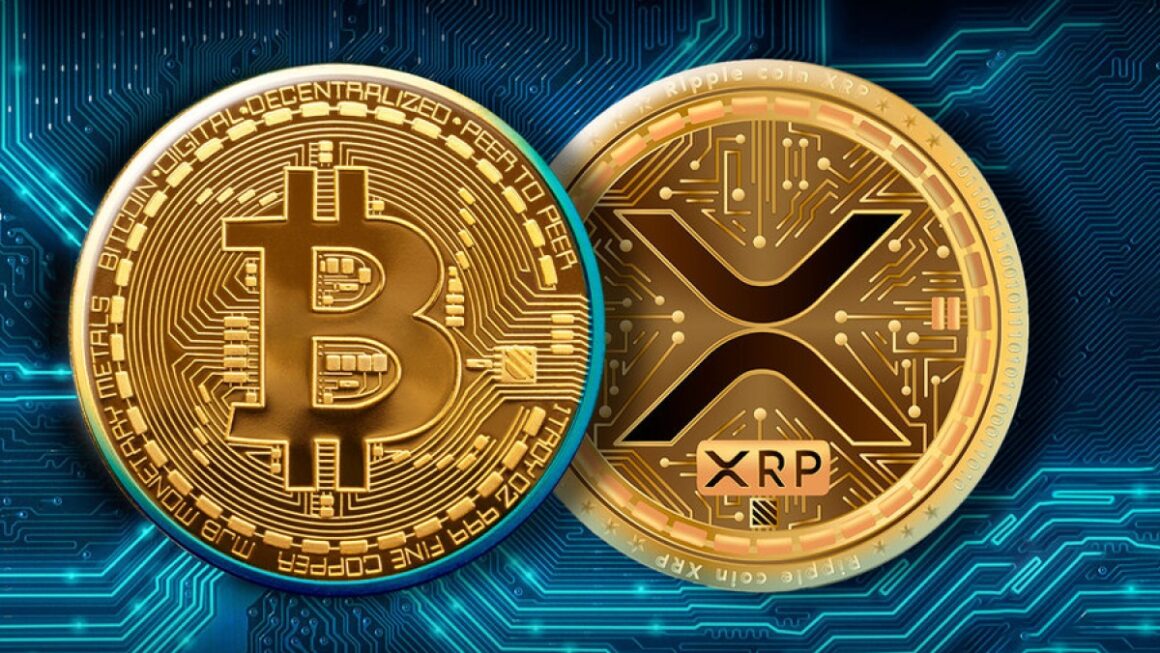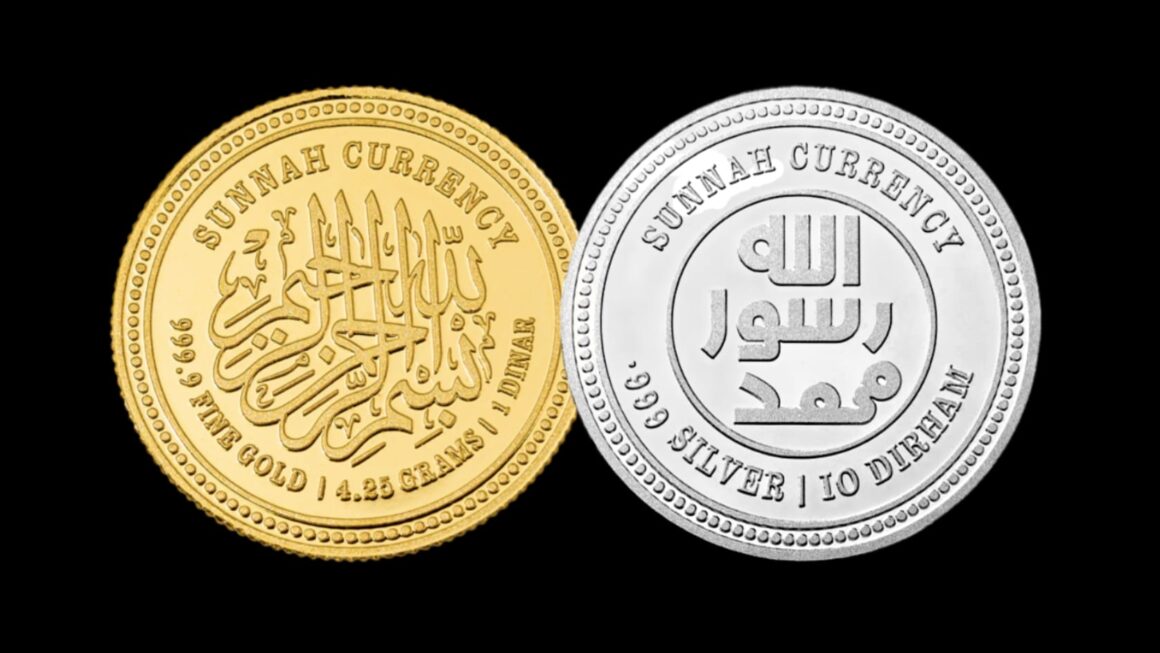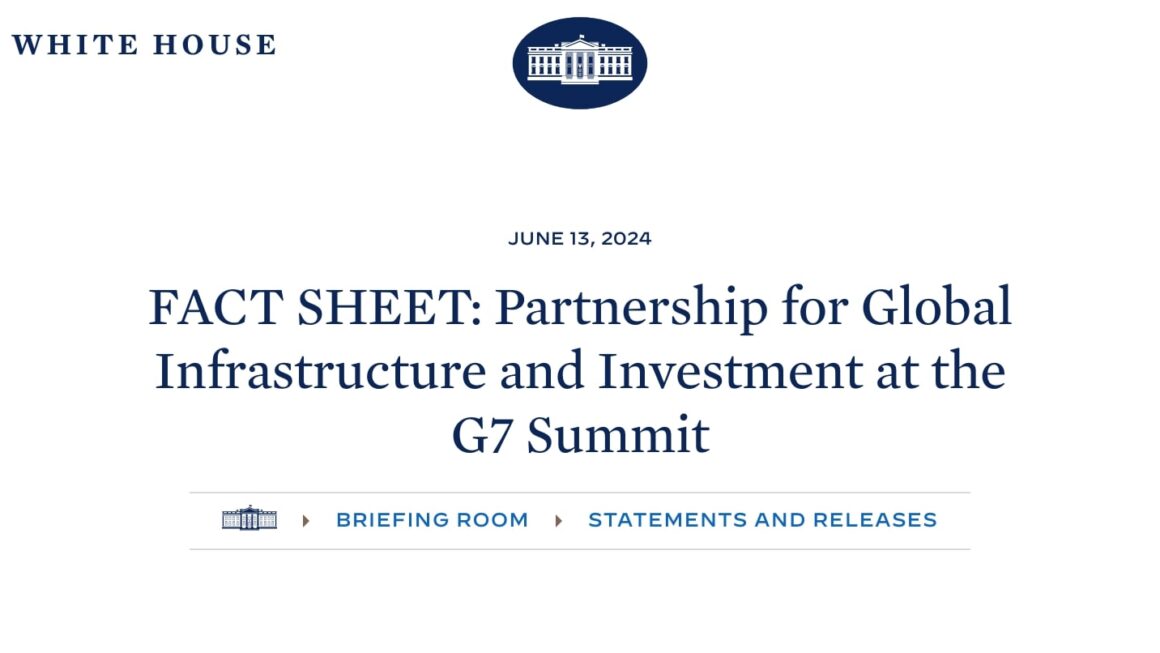In a bold and strategically significant move, Russia has introduced a new currency in collaboration with BRICS (Brazil, Russia, India, China, and South Africa), anchored in the concept of the “golden rule” and the abundant natural resources possessed by these nations. This initiative reflects a shifting global economic landscape and an effort to establish greater independence from traditional global financial systems.
The BRICS Economic Powerhouse
BRICS, the alliance of five major emerging economies, has been gaining economic strength and influence on the world stage for years. Together, these nations account for over 40% of the world’s population and a substantial portion of global economic output. Their collective economic potential is formidable, making them a significant force in shaping the future of international finance.
The “Golden Rule” and Natural Resources
The new BRICS currency, underpinned by the “golden rule,” emphasizes a return to the intrinsic value of assets, particularly those rooted in natural resources. Unlike fiat currencies, which are not backed by physical assets, this currency seeks to draw its worth from the abundant resources like precious metals, minerals, and energy sources found within the BRICS nations.
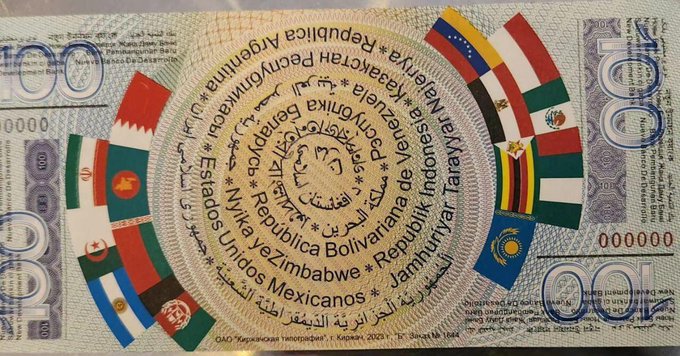
Economic Sovereignty and Stability
One of the primary motivations behind this move is to establish greater economic sovereignty and reduce reliance on the U.S. dollar as the world’s dominant reserve currency. Over recent years, concerns about the dollar’s stability and its potential susceptibility to geopolitical fluctuations have led several nations to explore alternative means of conducting international trade.
The BRICS nations, recognizing their collective economic clout, see the establishment of their currency as a way to strengthen their positions in international trade and finance. By linking their currency to tangible assets, they aim to bolster stability, foster economic growth, and insulate themselves from external economic pressures.
Challenges and Opportunities
While the introduction of the BRICS currency presents opportunities for economic self-determination and reduced dependency on traditional financial systems, it also faces significant challenges. Creating and maintaining a new global currency requires international trust and cooperation, as well as a robust infrastructure for financial transactions.
Moreover, the success of this initiative hinges on the ability of BRICS nations to effectively manage their natural resources and maintain stability in their economies. These nations must also navigate the complexities of international finance, given the entrenched position of established global reserve currencies.
A Paradigm Shift in Global Finance
The introduction of the BRICS currency marks a significant step towards a more diversified and multipolar global financial landscape. It challenges the dominance of traditional reserve currencies and underscores the growing influence of emerging economies.
As the BRICS nations proceed with this ambitious project, the world will closely watch its development and impact on the international economic order. While challenges undoubtedly lie ahead, the pursuit of economic sovereignty through a currency backed by the “golden rule” and abundant natural resources is a compelling testament to the changing dynamics of global finance.











